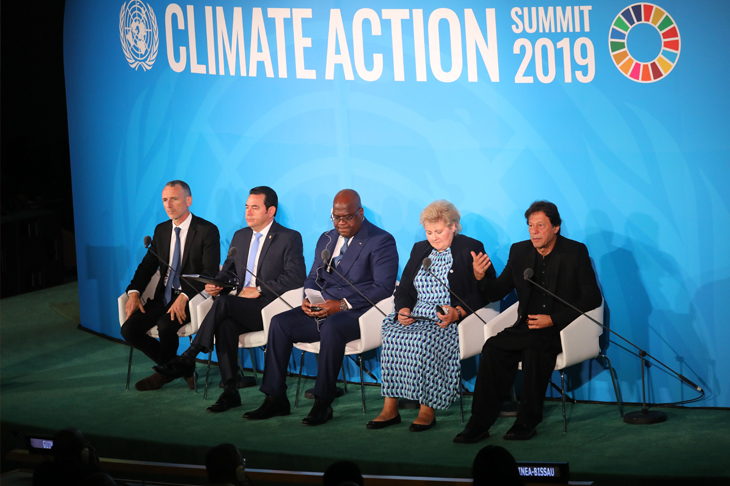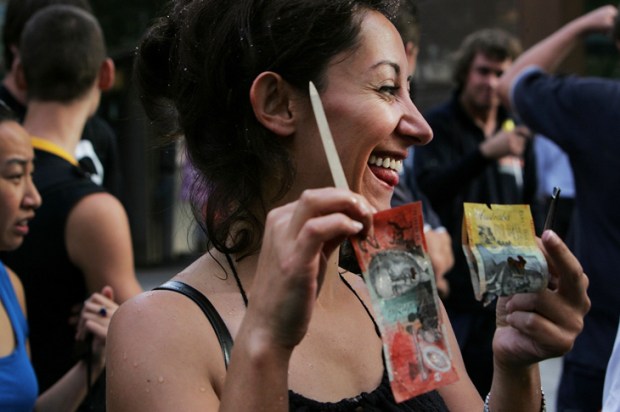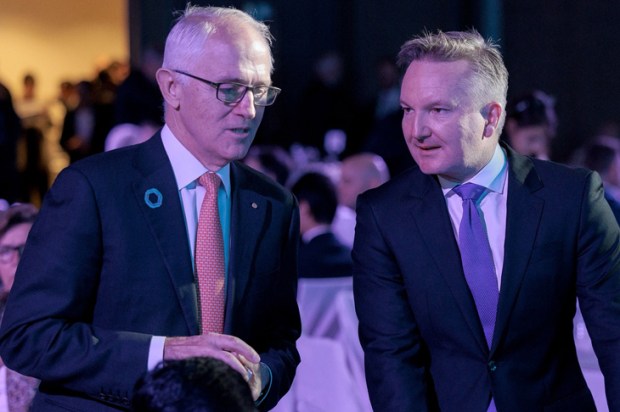It’s one of the most famous quotes in economics, written by Scottish moral philosopher, Adam Smith, over two and half centuries ago. ‘It is not from the benevolence of the butcher, the brewer or the baker that we expect our dinner, but from their regard to their own interest’.
This one sentence essentially encapsulates the basis of capitalism (a term that Smith didn’t use) – that exchange is a mutually beneficial activity by which all parties are better off. There is no need for either the suppliers or the purchasers to be pure of heart. Competition and reputation are sufficient to ensure markets work.
To be sure, Smith wasn’t so naive as to believe that markets couldn’t be corrupted. Another famous quote is, ‘people of the same trade seldom meet together, even for merriment or diversion, but the conversation ends in a conspiracy against the public, or some contrivance to raise prices’. This one sentence established the case for anti-trust/competition laws that were enacted from the end of the nineteenth century.
The reason I raise Adam Smith now – mind you, it’s always a good time – is to dispute much of the current muddle-headed thinking about the role of companies and the need for all sorts of interventions to ensure they ‘are a force for good’, using the phrase of corporate activist and founder of B Lab (more below), Jay Coen Gilbert.
According to this view of the world, companies are essentially evil, exploiting their customers, workers, communities and the environment. There has to be a better way, hence terms such as stakeholder capitalism, sustainable capitalism, philanthro-capitalism and social-impact investing. (Yes, it’s enough to make you throw up.) And the core problem is the primacy of shareholders, who actually own the companies.
Another reason for raising this issue at this time is the demise of one of the high priests of new capitalism, Frenchman Emmanuel Faber, chairman and CEO of food company, Danone.
Until he was given the chop by the company’s board, he was a darling of the Davos set, spouting all sorts of woke epithets. ‘There will be increased attention paid to the ethos of companies’. ‘There are many stakeholders jumping into the scope of our business. Stakeholder capitalism is a fact’.
Part of Faber’s plan to prove the sincerity of his views was for Danone to be declared a B Corp by 2025. (Parts of the company had already made the grade prior to his departure.) To achieve B Corp certification – a relatively small number of smaller companies have bothered to do so – companies are subject to woke auditing based on ‘balancing purpose with profit’.
According to B Lab founder, Gilbert, ‘our vision is that one day all companies will compete to be the best in the world – best for workers, best for communities, and best for the environment. Together, we will build an inclusive economy that creates a more shared and durable prosperity for all’. (You want to put that twaddle to music, I know it.)
The trouble at Danone is that being the best in the world didn’t correlate with rising profits, share price or dividends to shareholders. Indeed, it hasn’t been a very good deal for the workers either, with Faber overseeing a number of restructuring exercises, which is just code for sacking people.
Rock-climbing Faber also had some fanciful idea of including shadow carbon prices in the company’s financial statements which put the final results deeply in the red.
One key problem for Danone is that there are some direct competitors – Unilever and Nestlé, in particular – whose share prices have performed much better than Danone. In the last five years, Danone’s share price fell slightly whereas Unilever’s increased by 45 per cent and Nestlé’s by 30 per cent.
It was only a matter of time before some worried institutional shareholders would arc up and insist that Faber leave the company.
And that’s precisely what happened. Of course, Faber with his woke views is no Robinson Crusoe in the corporate world, although there is always the suspicion that all the ESG talk – stands for environment, social and government, get with the program – is just a cunning device to deflect attention from poor commercial results.
As Tariq Fancy, former chief investment officer for sustainable investing at BlackRock (a doyen of the ESG world with its über-rich, jet-setting CEO, Larry Fink) has pointed out that ‘in many cases it’s cheaper and easier to market yourself as green rather than do the… work of actually improving your sustainability profile’. He notes that investments through sustainable-labelled exchange traded funds, which have become very popular in recent years, will do nothing to alter climate change – ‘there is no connection between these two things’.
He concludes that ‘in truth, sustainable investing boils down to little more than marketing hype, PR spin and disingenuous promises from the investment community’.
To prove that Robinson Crusoe gets around these days, we have several green corporate prophets here in Australia. There is Twiggy Forrest who has become unimaginably wealthy on the back of sky-high iron prices.
And there is Sanjeev Gupta, the British entrepreneur who picked up the Whyalla steelworks and assorted other assets from the administrators through his corporate group, GFG Alliance.
Did he have plans for Whyalla! He was going to spend a billion dollars to upgrade the plant within seven years. He was going to invest in a nearby solar farm at Cultana to begin the shift to powering the plant using renewable energy.
‘I really want to focus on doing a much bigger 2000 to 3000 megawatt plant after Cultana to feed hydrogen. All our energy projects will be part of an industrial transformation to carbon neutrality. We will finish Cultana first and then step on the gas (was this a little joke?) to do the expansion.’ (It’s what I call the ‘gunna spiel’.)
As I write, the GFC group is in danger of collapse after its main financial backer, Greensill Capital, was forced into administration. My guess is there won’t be too much discussion of carbon neutrality and industrial transformation on the streets of Whyalla.
It’s now a case of sink or swim in the harsh world of corporate funding. All that diversionary chat about the environment won’t pay the bills, sadly.
Got something to add? Join the discussion and comment below.
Get 10 issues for just $10
Subscribe to The Spectator Australia today for the next 10 magazine issues, plus full online access, for just $10.
You might disagree with half of it, but you’ll enjoy reading all of it. Try your first month for free, then just $2 a week for the remainder of your first year.














Comments
Don't miss out
Join the conversation with other Spectator Australia readers. Subscribe to leave a comment.
SUBSCRIBEAlready a subscriber? Log in